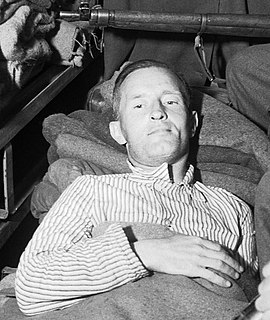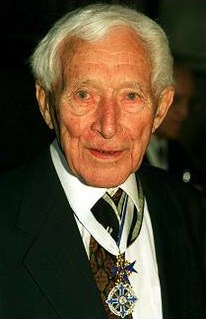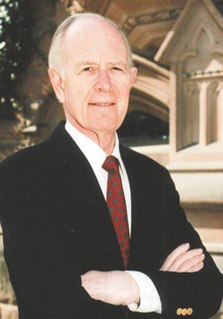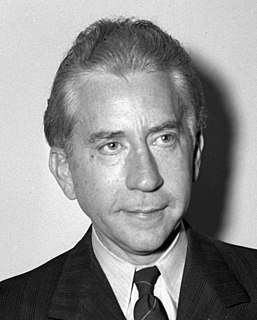A Quote by Heinrich Heine
Terrible as is war, it yet displays the spiritual grandeur of man daring to defy his mightiest hereditary enemy--death.
Related Quotes
[N]either in war nor yet at law ought any man to use every way of escaping death. For often in battle there is no doubt that if a man will throw away his arms, and fall on his knees before his pursuers, he may escape death; and in other dangers there are other ways of escaping death, if a man is willing to say and do anything. The difficulty, my friends, is not in avoiding death, but in avoiding unrighteousness; for that runs faster than death.
Everybody is afraid of death for the simple reason that we have not tasted of life yet. The man who knows what life is, is never afraid of death; he welcomes death. Whenever death comes he hugs death, he embraces death, he welcomes death, he receives death as a guest. To the man who has not known what life is, death is an enemy; and to the man who knows what life is, death is the ultimate crescendo of life.
A man who gives way to his passions is like a man who is shot by an enemy, catches the arrow in his hands, and then plunges it into his own heart. A man who is resisting his passions is like a man who is shot by an enemy, and although the arrow hits him, it does not seriously wound him because he is wearing a breastplate. But the man who is uprooting his passions is like a man who is shot by an enemy, but who strikes the arrow and shatters it or turns it back into his enemies heart.
A man who thinks that death is against life can never be non-violent. It is impossible. A man who thinks that death is the enemy can never be at ease, at home. That is impossible. How can you be at ease when the enemy is waiting for you any moment? It will jump on you and destroy you. How can you be non-tense when death is waiting just around the corner and the shadow of death is always falling on you? It can happen any moment. How can you rest when death is there? How can you relax? The enemy won't allow you to relax.
How much reverence has a noble man for his enemies!--and such reverence is a bridge to love.--For he desires his enemy for himself, as his mark of distinction; he can endure no other enemy than one in whom there is nothing to despise and very much to honor! In contrast to this, picture "the enemy" as the man of ressentiment conceives him--and here precisely is his deed, his creation: he has conceived "the evil enemy," "the Evil One," and this in fact is his basic concept, from which he then evolves, as an afterthought and pendant, a "good one"--himself!
Now the basest thought possible concerning man is, that he has no spiritual nature; and the foolishest misunderstanding of him possible is, that he has, or should have, no animal nature. For his nature is nobly animal, nobly spiritual,--coherently and irrevocably so; neither part of it may, but at its peril, expel, despise, or defy the other.






































